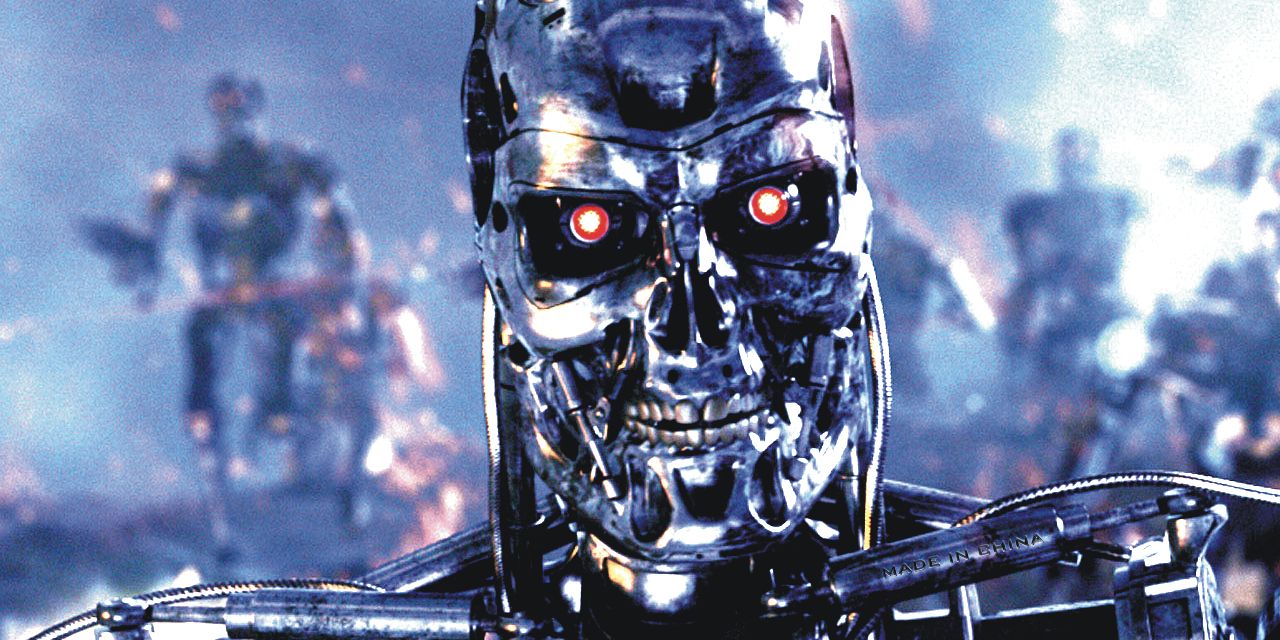The Terminator franchise, at its core, represents the concept of humanity fighting against their own demise and proving that hope wins overall. This has been shown in its many installments, mostly by ensuring Sarah Connor gives birth to John Connor and that John becomes the savior of humanity. But because the Connors can't accept defeat, they spend any chance they get to try and avert Judgment Day entirely. But one Terminator theory brings forth the idea that no matter how hard they fight, the goal isn't to prevent Judgment Day.
According to Reddit theorist Soyoulikedonutseh, John uses time travel to test out different ways that the war with the machines could end quickly. The prophecy states that Skynet will take over and launch nuclear missiles around the world, ending humanity so that the machines can rule. However, John is a survivor who leads a resistance against them and is meant to end the war once and for all. But after years of combat, John's mission shifts, and rather than averting the war entirely, he wants it to end faster.
Almost every entry in the franchise, across its many alternate futures, the machines always take over. In fact, by the conclusion of Terminator: Dark Fate, it's a forgone conclusion that Judgment Day is coming, and the only thing left to do is be prepared as the machines will always rise up. But with each apocalypse, a new possibility arises that gives John a chance to keep fighting for a better shot at survival.
This is also why John sends Kyle Reese and the repurposed T-800 back, as their intervention pushes back Skynet's inevitable rise. Doing so also lets humanity advance even more and creates technologies that can better combat the machines. But as society evolves, the machines become more stagnant until eventually falling behind, and as a result, when Judgment Day arrives, the machines are at a disadvantage.
The idea that the end would always come is first implemented in Terminator 3: Rise of the Machines, where it's revealed that the goal wasn't to stop the end but rather ensure the survival of key people to lead the resistance. Since this is a part of the original film's timeline, it's also possible that this John is the one who wants to end the war sooner. After trying and failing twice to stop Skynet, he decides that the only way to save humanity is to fight efficiently and turn the clock back on the seemingly endless war with time travel. However, what's even more interesting is that this John has a greater chance at success because his Judgement Day was pushed back nearly a decade so that humanity could advance.
This theory helps show the importance of never giving up and proves why John Connor is such an important figure in The Terminator franchise. While the theory may not be canon, it helps showcase John's cleverness and inability to bend the knee to the machines. He uses the timeline to make his adversaries weaker, and while he can't stop the apocalypse, he can bring forth a brighter future much sooner.



